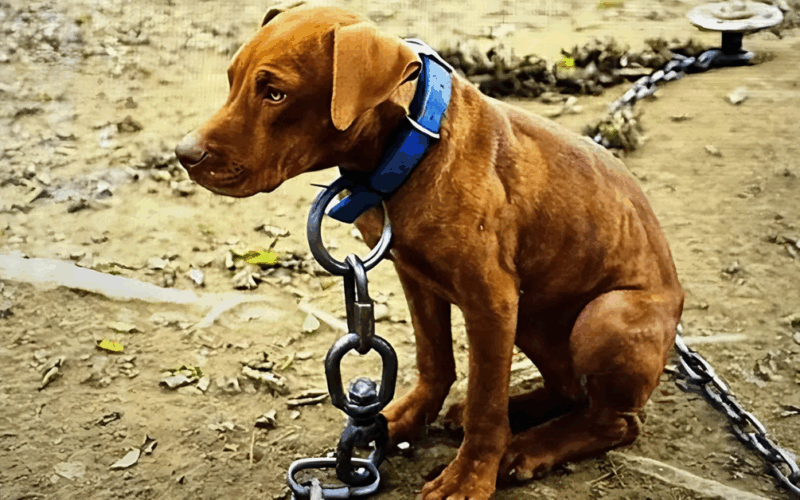While chaining pets in Alabama is not explicitly illegal at the state level, owners must adhere to conditions designed to protect animal welfare. Understanding state and local regulations is crucial to preventing cruelty and ensuring your pet’s health and happiness.
How Alabama’s Animal Cruelty Laws Affect Pet Tethering
Alabama Code § 13A-11-241 defines animal cruelty and prohibits mistreatment, including failure to provide adequate food, water, or shelter. Though chaining a dog outdoors is not specifically forbidden, the law states that tying a pet in harmful or neglectful conditions constitutes cruelty and is illegal.
Conditions such as exposure to harsh weather without protection or extended periods of tethering could lead to legal consequences. The law emphasizes the owner’s responsibility to maintain a safe environment for pets.
Legal Status of Tethering or Chaining Dogs in Alabama
State laws do not outright ban pet tethering, but local city or county ordinances may impose restrictions or bans. Legal permissibility depends on several factors, including:
- Your local city or county laws, which can vary widely across Alabama
- The duration your pet is left chained
- Weather conditions impacting your pet’s welfare
- Whether your pet has sufficient access to food, water, and shelter
Common Tethering Rules Across Alabama Communities
Many municipalities enforce specific requirements to protect animals from harm, such as:
- Time limits on tethering, often restricting it to one or two hours
- Regulations on the type of collar or chain to prevent injury, requiring it not to be too tight or heavy
- Mandatory access to shade during summer and warm shelter during winter
- Bans on unsupervised tethering, meaning pets cannot be left chained when no one is home
The Risks and Consequences of Long-Term Tethering
Experts agree that extended tethering is harmful, causing both physical injuries and behavioral issues. Dogs left chained for prolonged periods risk:
- Neck and back injuries due to strain from chains or collars
- Development of aggression or depression
- Extreme boredom or anxiety from isolation or immobility
- Increased vulnerability to attacks from other animals
Because of these dangers, many cities are enacting more stringent regulations to limit dangerous tethering practices.
Safe Alternatives to Chaining Your Dog Outside
Instead of relying on chains, pet owners are encouraged to consider safer options, such as:
- Constructing a secure fenced yard to allow free movement
- Installing a dog run with enough space for play and exercise
- Ensuring constant access to fresh water, shelter, and shade
Penalties for Violating Tethering and Animal Cruelty Laws
Owners found violating cruelty regulations or local tethering ordinances may face:
- Fines and monetary penalties
- Seizure of the pet by authorities
- Criminal charges in cases of repeated or severe offenses
Local animal control officers have the authority to inspect properties and intervene when pets are mistreated.
How to Verify Your Local Tethering Laws
Because laws vary locally, it is essential to consult reliable sources such as:
- Your city or county animal control office
- Official city or county government websites
- Nearby animal shelters or humane societies
These organizations provide the most current and applicable regulations for your area, helping you ensure you stay compliant with local law and maintain your pet’s wellbeing. For detailed background on Alabama’s laws on pet tethering, visit the source article here.
Protecting Your Pet’s Health and Happiness Comes First
While chained pets outside are common in Alabama, it is vital for owners to prioritize animal welfare by avoiding neglectful tethering practices. Safe, supervised outdoor spaces combined with adequate food, water, and shelter ensure a healthy pet and avoid legal troubles.




